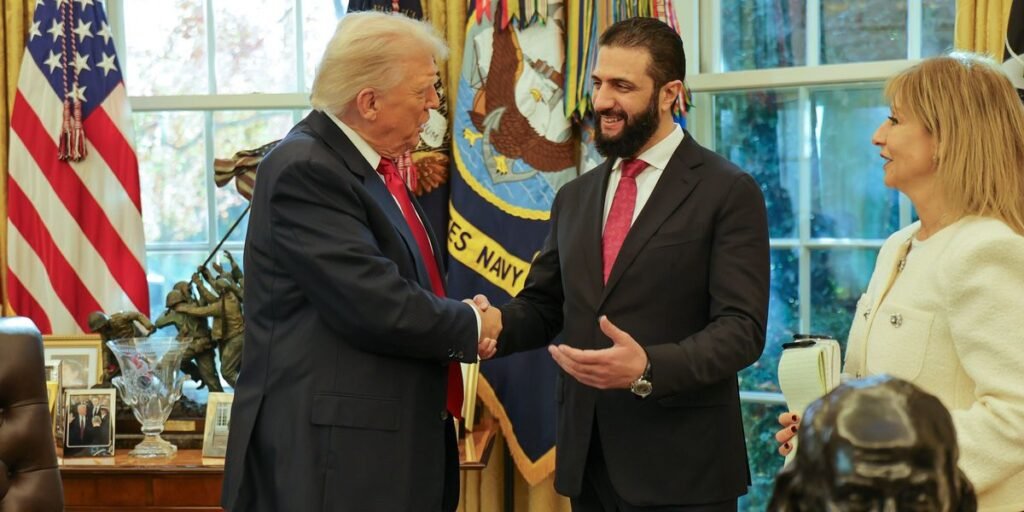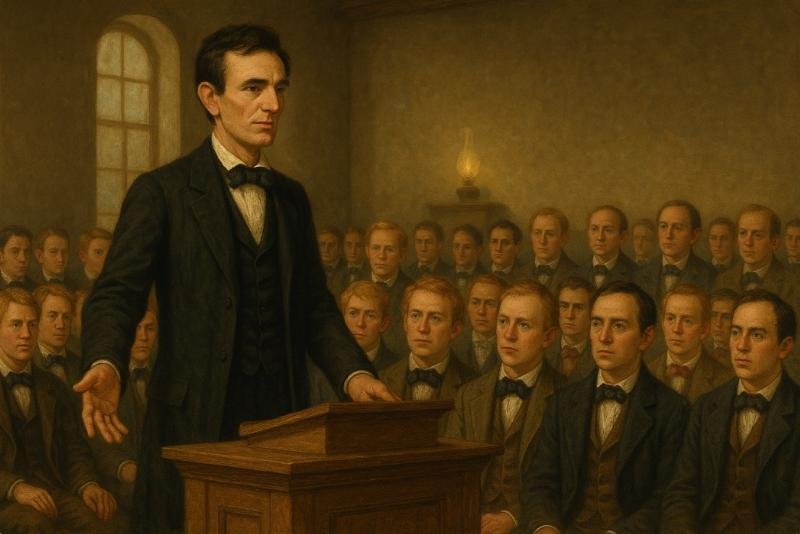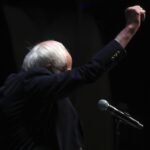Now Reading: Trump to attend Lions-Commanders game this Sunday
-
01
Trump to attend Lions-Commanders game this Sunday
Trump to attend Lions-Commanders game this Sunday
Article Summary
Summary
The clash between the NFL, President Donald Trump, and the artist Bad Bunny shines a light on the complexities of audience engagement and cultural symbolism in modern America. Trump is scheduled to attend an NFL game featuring the Detroit Lions and Washington Commanders, where he will observe a Veterans Day celebration at halftime. This follows a series of sports events Trump has actively attended since his return to the White House, including significant moments like the Super Bowl, Daytona 500, and the Ryder Cup.
Trump has publicly criticized the NFL’s recent choice of Bad Bunny as a Super Bowl performer, reflecting a broader strategy to appeal to specific voter demographics. His disapproval of the NFL’s entertainment choices is also tied to his longstanding issues with the Washington Commanders, particularly their decision to drop the name “Redskins” in 2020. He has called for a return to that name and threatened to impede the team’s efforts to build a new stadium in Washington D.C. unless they reconsider their rebranding.
The D.C. Council’s recent approval of a $3.8 billion stadium deal at the RFK Stadium site indicates a shift in local politics and infrastructure, continuing discussions around the NFL team’s identity and community representation. Trump’s attendance at the Lions-Commanders game marks another chapter in his ongoing relationship with major sporting events, positioning him as a relatable figure to segments of the fanbase he aims to connect with.
Trump’s consistent presence at prominent sporting events since the start of his presidency underscores his identity as a “sports president.” His public engagements appear to be a calculated effort to maintain relevancy and visibility among American citizens that resonate with sports culture. The intersection of sports, politics, and cultural representation is increasingly significant, creating a landscape where public figures leverage athletic events for broader political narratives.
In summary, the Trump administration’s engagement with the NFL, particularly regarding Bad Bunny’s performance, highlights the intricate dynamics of cultural branding and political strategies. As Trump continues to navigate his preferences and criticisms, the intersection between sports and political agendas reveals the deepening ties and challenges within American society.












